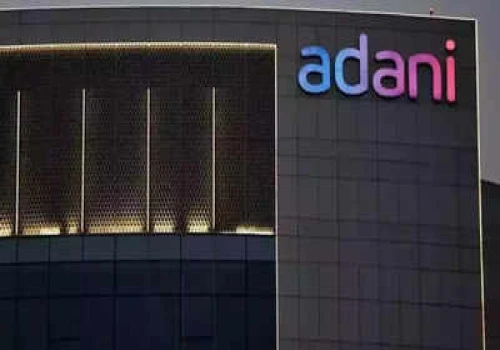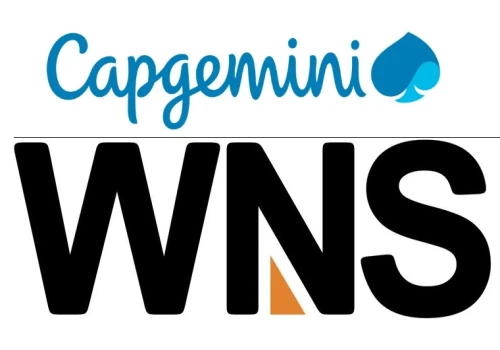
Hawaii Turns Up the Watts on Electric Vehicles
While the mainland US sputters in its transition to electric vehicles (EVs), a surprising leader has emerged – Hawaii. The tropical paradise is proving to be fertile ground for EVs, ranking a surprising fifth in overall EV adoption nationally.
This might seem counterintuitive at first glance. However, a unique mix of factors is propelling Hawaii towards an electric future. Here's why the Aloha State is leaving the mainland in the dust when it comes to EVs.
Perfect Storm for EVs: High Costs, Clean Energy, and Local Pride
According to industry experts, several key elements are fueling Hawaii's EV adoption. The state boasts the highest gas prices in the nation, making electric alternatives significantly more attractive. Additionally, Hawaii is a leader in renewable energy generation, with abundant solar and geothermal resources. This clean energy provides guilt-free power for charging EVs.
But it's not just economics. Hawaii's strong cultural connection to its land, embodied in the concept of "Aina" (meaning stewardship of the earth), fosters a deep desire to protect the environment. EVs are seen as a way to reduce emissions and preserve the islands' pristine beauty.
Early Adopters Pave the Way
Interestingly, Hawaii's popularity with hybrid vehicles (19% of sales in 2023) has eased the transition to EVs. Residents are already familiar with the benefits of electric technology. Additionally, the state's island geography means road trip limitations, a major hurdle for some EV buyers, are less of a concern.
Early adopters like Scott Sageman, a Tesla Model 3 owner on the Big Island, are happy with the switch. "I like the car. I like not buying gas," he says. Local dealerships are also seeing a rise in EV interest, with Kia's new EV9 SUV generating significant buzz.
Challenges Remain: Infrastructure, Affordability, and Choice
Despite its progress, Hawaii still faces challenges mirroring the national EV landscape. Lack of charging infrastructure, particularly outside urban areas, can be a barrier for some. Additionally, the high cost of EVs remains a hurdle, with the average price tag exceeding $62,600.
This price point disproportionately affects lower-income residents. Nationally, a Gallup poll shows a decline in potential EV buyers, with high-income earners leading the adoption charge.
The Road Ahead: A Sustainable Future
Hawaii's success story is a testament to the power of aligning economic and environmental factors. However, overcoming affordability and infrastructure hurdles will be crucial for widespread EV adoption. Increased government incentives, investments in charging networks, and a wider range of affordable EVs are needed to truly electrify the road ahead.
One thing is certain: Hawaii's leadership in EV adoption serves as a beacon for the nation. As the Aloha State embraces a cleaner future, it paves the way for a more sustainable transportation landscape for all.










